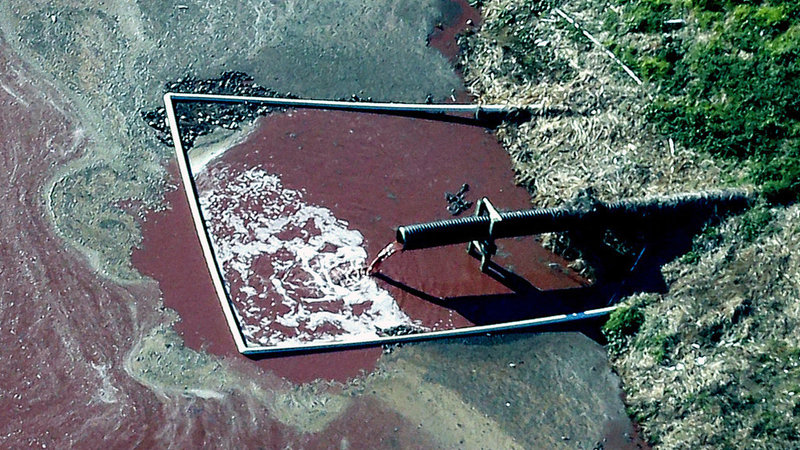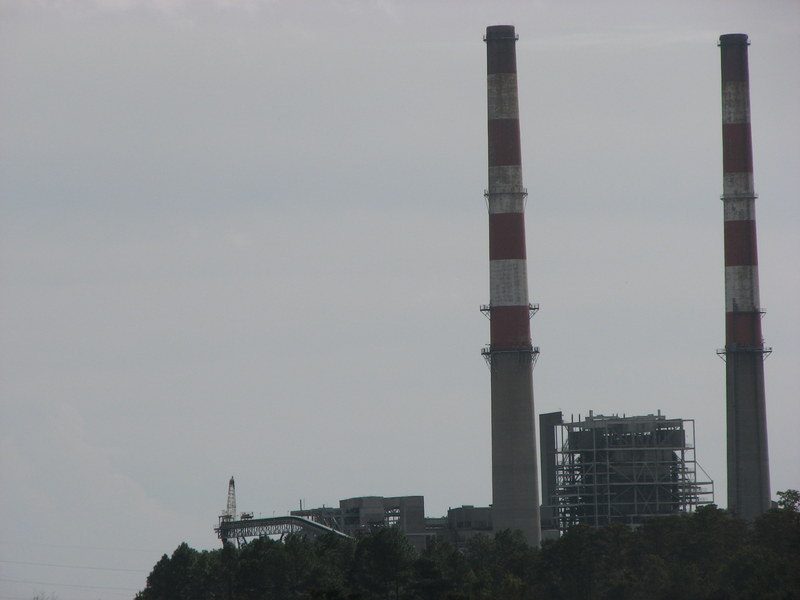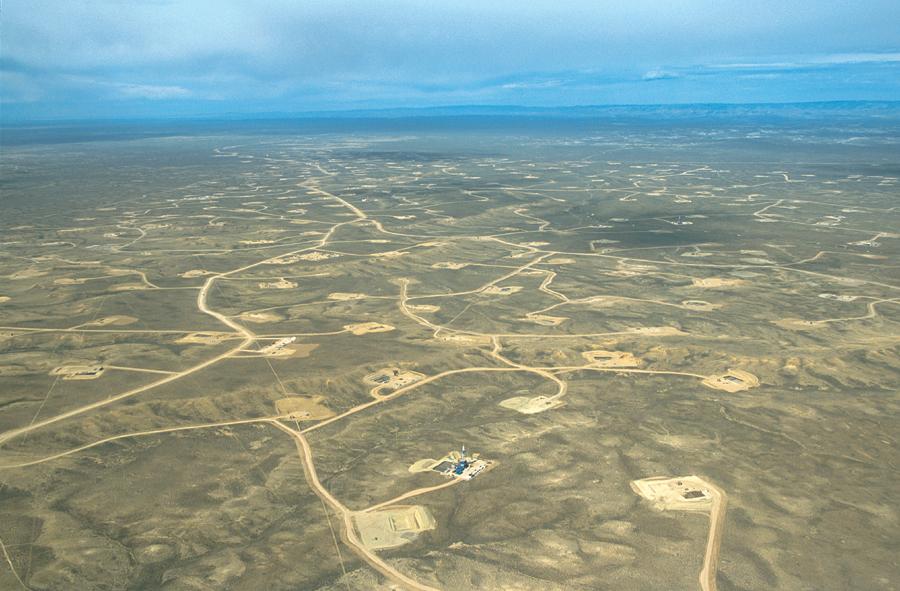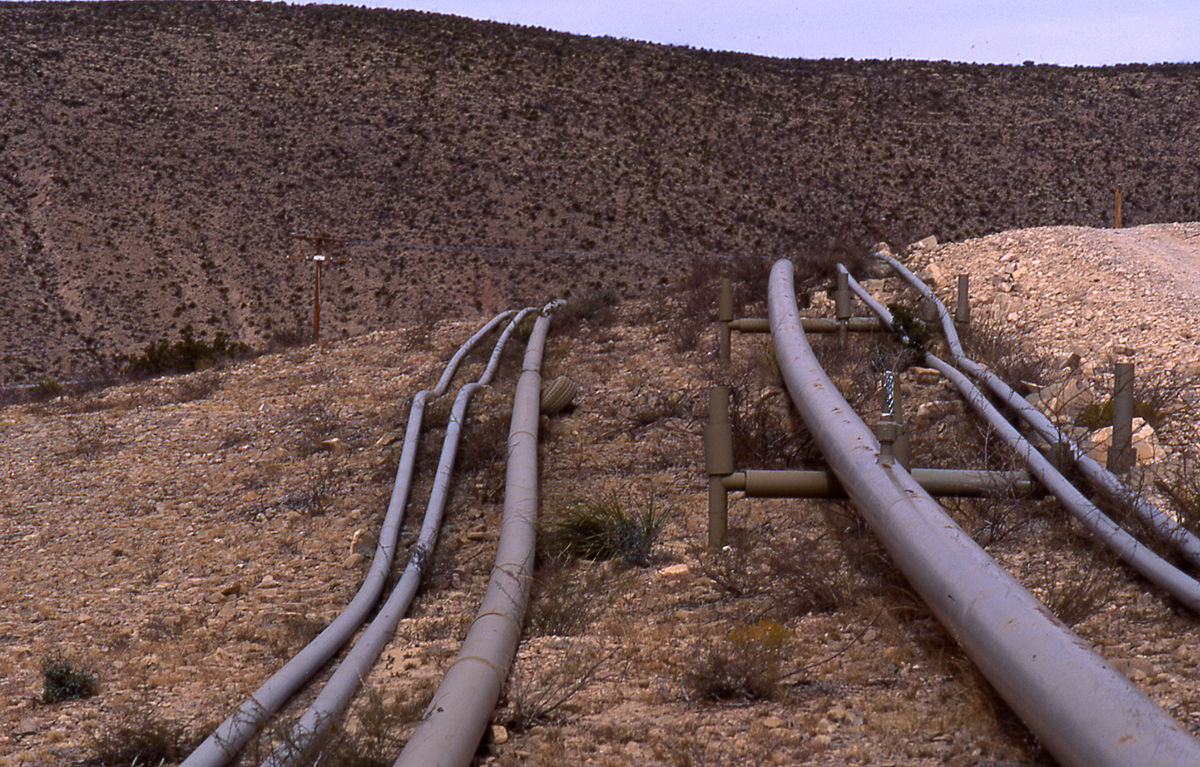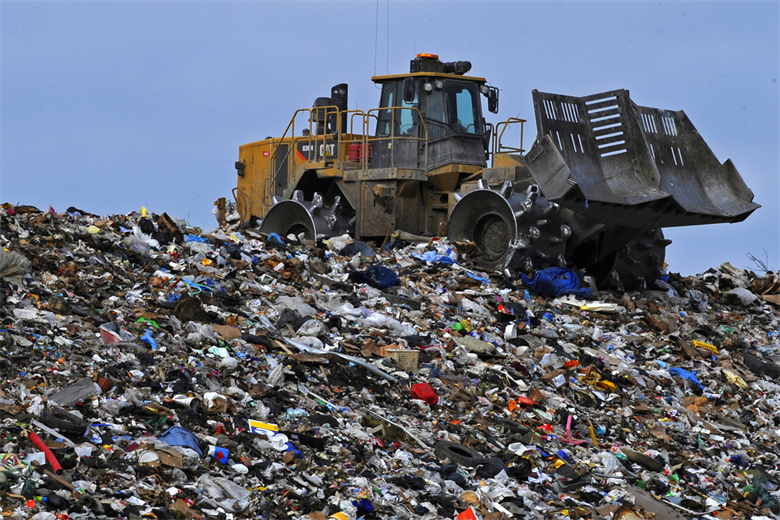NCEJN – The Issues Faced
This video includes interviews with community members about the issues they face in their communities and how NCEJN helped them to address these issues. View more videos like this on our Toolbox page.
Our communities know climate change.
Read about our “Official Position on Climate Change” here.
We face these issues in our own backyard…
Our lives are on the front-line, help us today by supporting our work!
CAFOs
Coal Ash
Fracking
Pipelines
Landfills
Landfills are sites designated for the disposal of waste material by burial. Waste material is trucked in, dumped, spread around, and covered with soil. The waste is continuously compacted to create space to accommodate more waste. They’ve been a cost-efficient way for industry to dispose of waste, while causing a number of issues for the surrounding community. According the NC Department of Environmental Quality, there are over 1,000 landfills (active and closed) across the state of NC.

